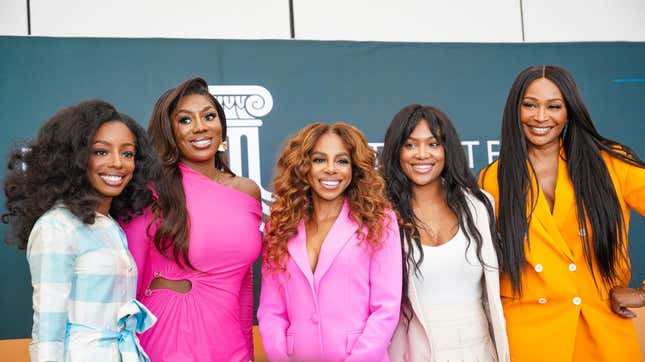
Last week, The Root Institute took place at Howard University, bringing together some of the most prominent Black voices. Here are some of the best pieces of advice from the big day!

Last week, The Root Institute took place at Howard University, bringing together some of the most prominent Black voices. Here are some of the best pieces of advice from the big day!
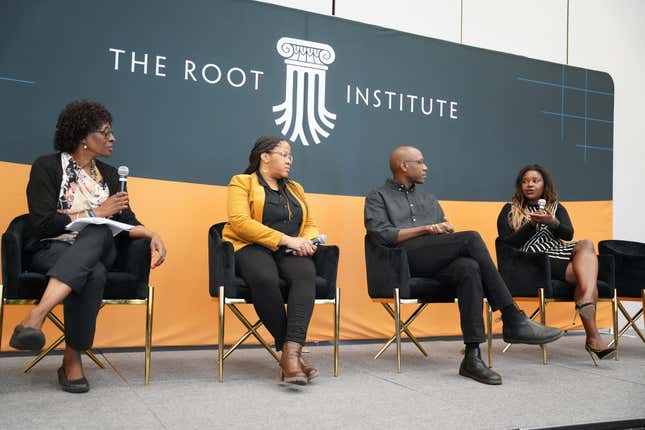
On the fears of AI.
Jamila Smith-Loud, a Google researcher, said: “I am not a person who feels like this is The Terminator or the end of time. I think there certainly are things that are happening or ways that AI is used that we should fear or be concerned about. But at Google, we’re using AI a little bit different with some of our everyday services such as your Gmail, Google Photos, ordinary tools, so I think there’s a balance.”
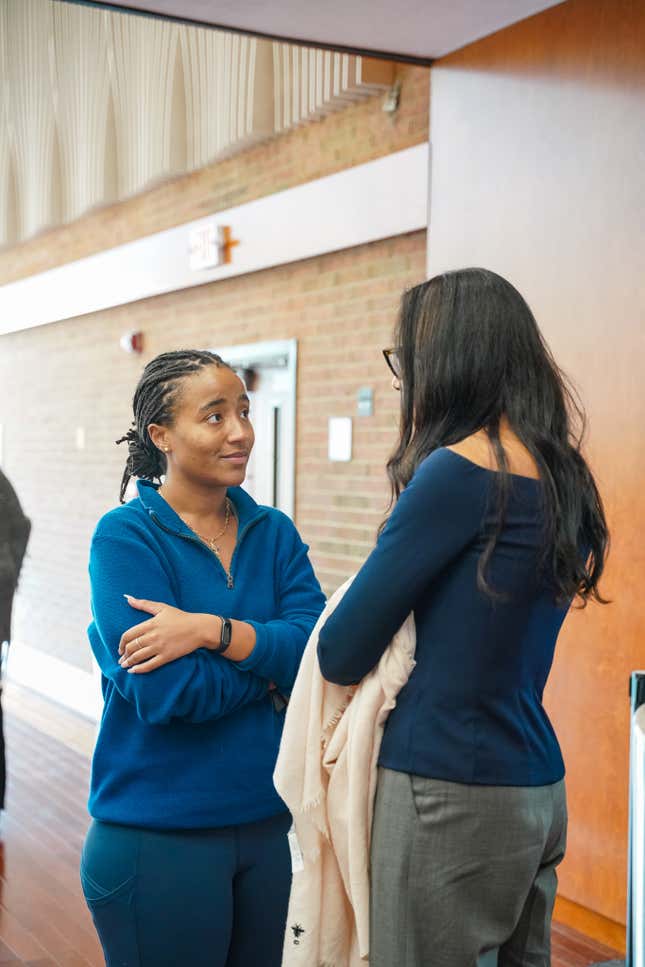
During the panel, The Root explained there’s been a pressure for Black creators to imagine their characters in a certain way in order to represent the Black community in a more positive light. We asked Susan Fales-Hill, the powerful TV producer and writer: Do you think there is still that responsibility for Black creators to shoulder that?
Susan Fales-Hill: “I think for anyone with a conscience there always is that sense of what am I saying, who am I going to offend, am I doing right by us, and I do the best thing?” Hill goes on to explain that in the shows she works on she tries to emphasize the outliers in our community, the people that often are left in the background.
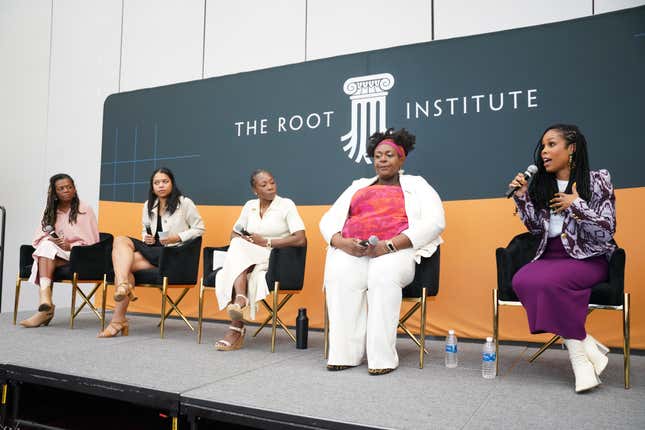
How did we get here with this high Black maternal mortality rate?
Dr. Uché Blackstock: “It’s rooted in the legacy of slavery, of systemic racism, in this country. It’s no surprise that we’re seeing maternal health outcomes today even despite advances in technology, innovation, and research. I think about the history of medicine. How physicians who are revered were the same ones who experimented on enslaved Black women.”
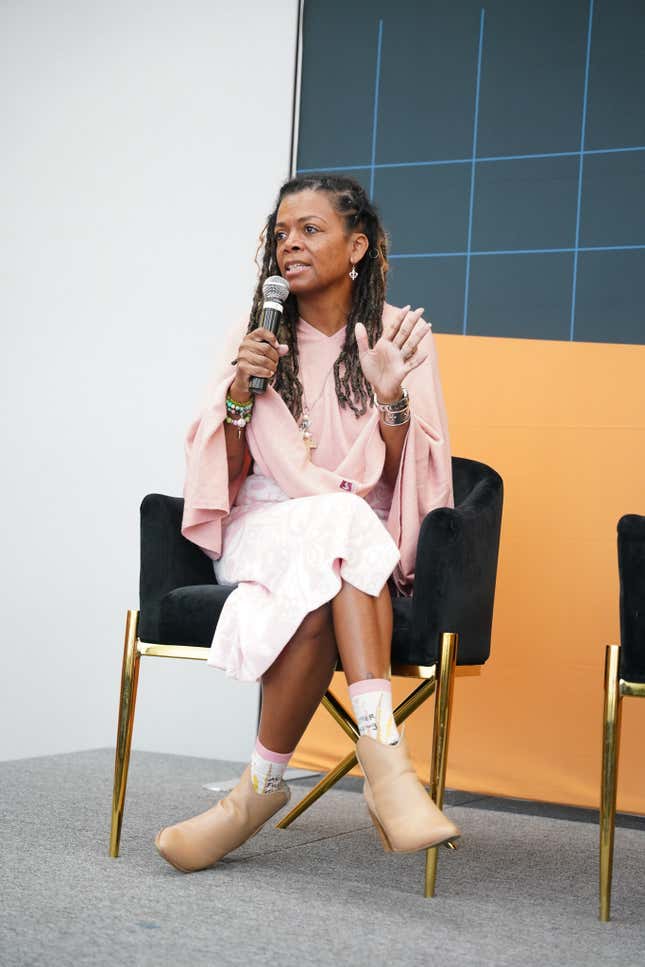
We asked: Why do we see abortion as a necessary part of Black liberation? Dr. Joia Crear-Perry explains that Black liberation doesn’t solely focus on abortions but also on infertility and other reproductive health issues. Also, the data people receive about Black women’s abortion rates is as high as it is because white people who go to private physicians don’t have data recorded for their abortions.
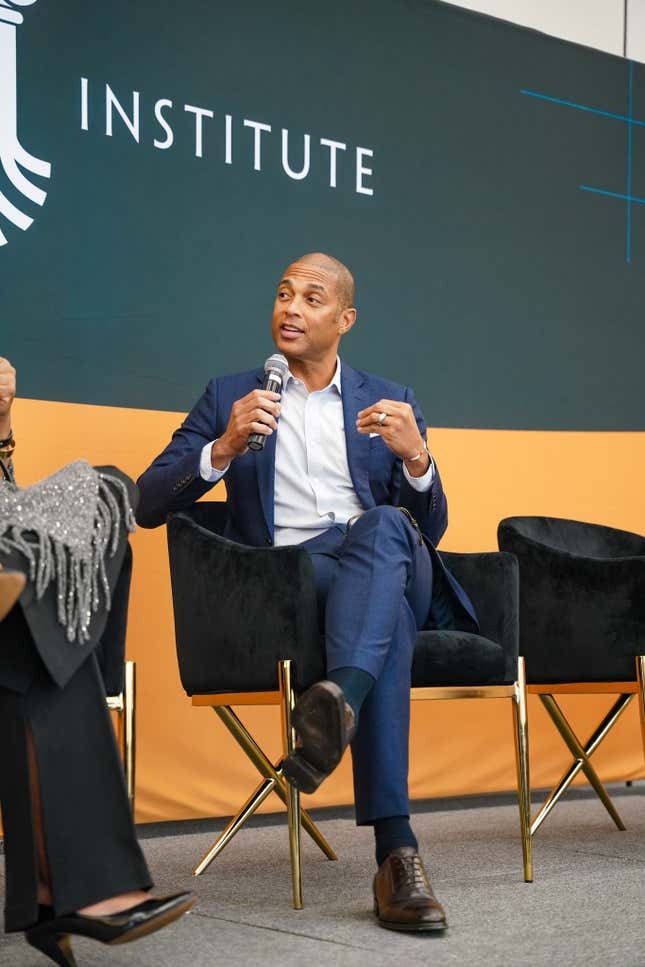
Don Lemon on what’s next for the former CNN anchor: “There is a place that is missing for a person like me. There aren’t many Black male voices who are in anchor positions, in cable news, a Black gay male voice that voice is now all of a sudden gone. I’m taking my time to figure out what I want to do.” He said he understands that the upcoming election needs a voice like his in the media, but he won’t be pressured into joining a specific platform to do that.
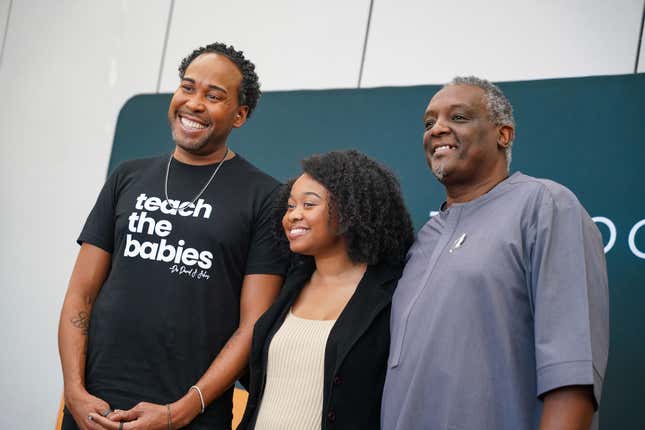
Both Dr. Greg Carr and Dr. David J. Johns believe that young people take democracy for granted. Dr. Johns: “It is by design that young people forget that democracy has to be defended with each generation.”
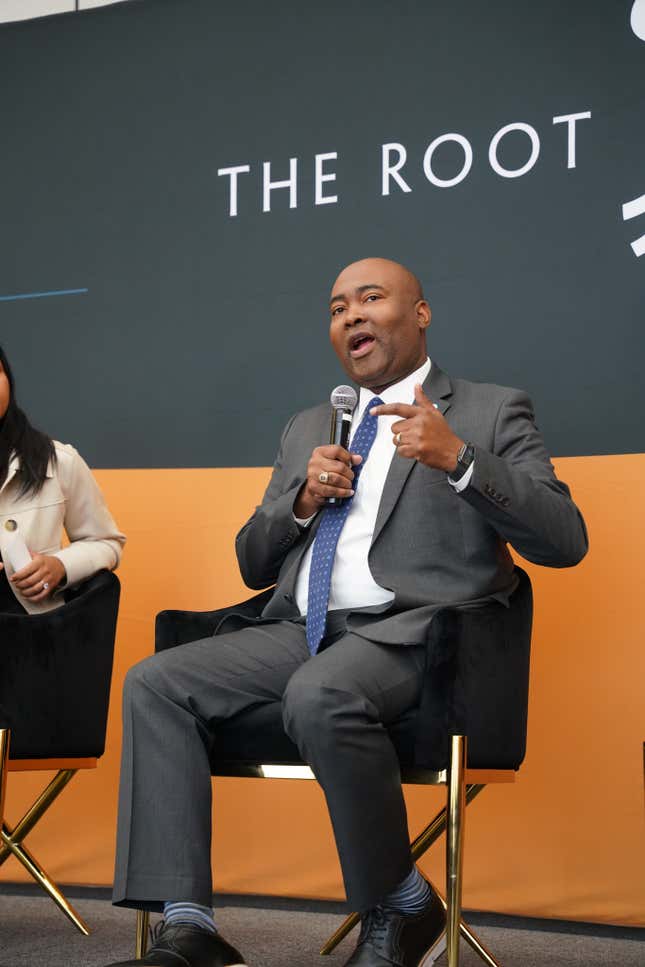
Jaime R. Harrison, the Democratic National Committee chair: “Everything that impacts your life, in terms of your quality of life, is determined by some elected official. And either you give the authority to pick that person to somebody else or you take that authority for yourself, and that’s why the right to vote is so important.”
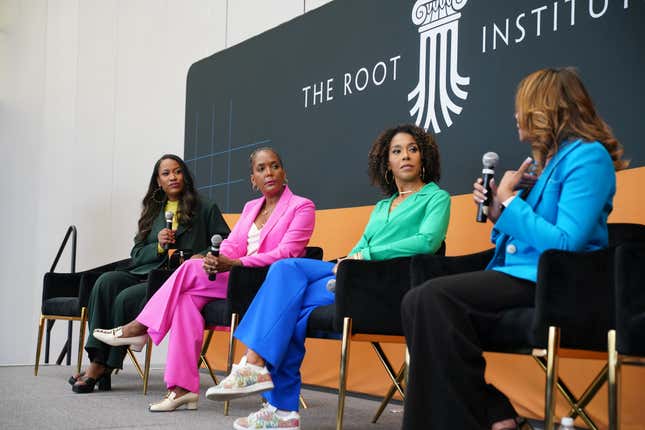
Keisha Lance Bottoms, former mayor of Atlanta, on what is her most audacious act of self-love in her career? “Stepping out of the mayor’s office was something that had not happened in Atlanta since World War II, having a mayor choose not to run for reelection. But the beautiful thing about my decision is that it came from a position of power and not weakness. Self-preservation was doing something that no other person had ever done and putting myself and my family first.”
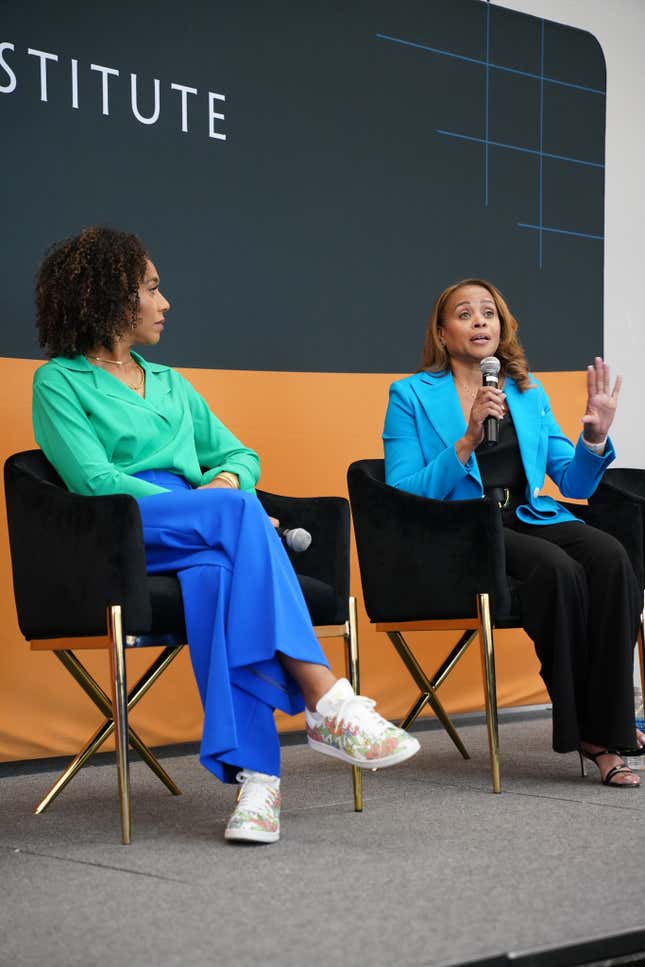
Melonie Parker, the Global Chief Diversity, Equity, and Inclusion Officer at Google, said one of the biggest lessons in her career is to network. She explained that you have to connect with people but on your own level of comfort and curiosity. “People don’t get to know you if you don’t show up authentically as yourself. You have to go dressed as yourself and you have to allow people the beauty of knowing who you are.”
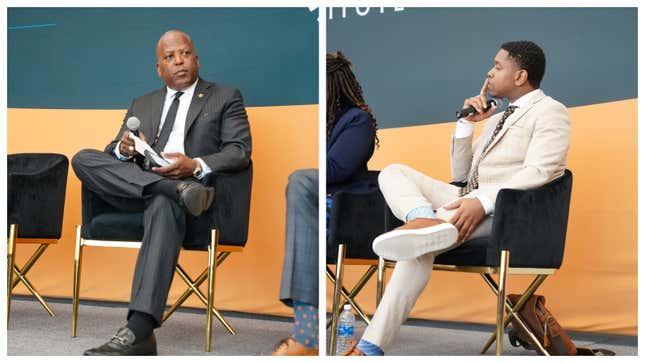
Antjuan Seawright: “Young people are pro-value and anti-institution so when you talk about getting young people involved and engaged is first, educate young folks about their power. Every major movement in this country has been fueled by young people and that’s still true today.”
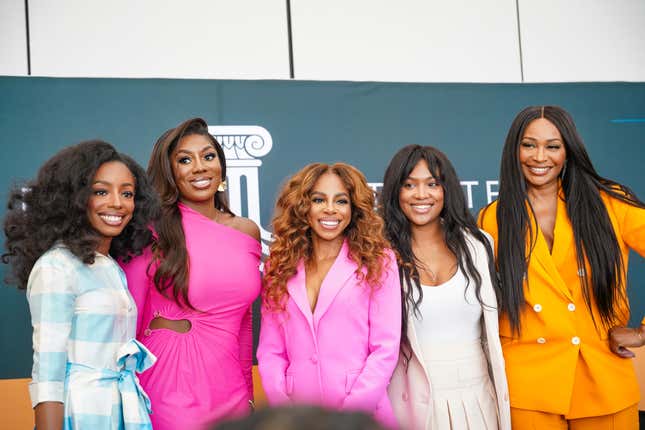
The Bravo stars talked about using their platform to expand their businesses and some of the criticism they may get for monetizing new parts of their life.
Dr. Wendy Osefo: “While it is a reality show you have to understand we’re human beings so you’re seeing us go through different iterations of our life. In one iteration I might sell candles, another iteration I might sell hair. It doesn’t matter, it matters that the individual gets to live.”
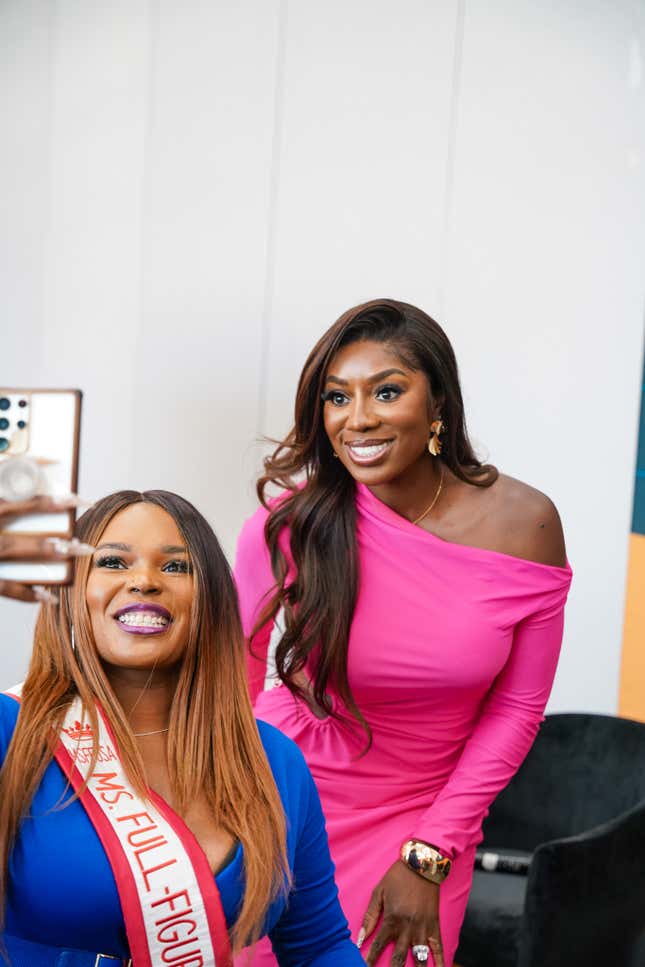
The stage was swarmed by Bravo fans after the panel. Here, Ms. Full Figured DMV 2023 Chasity Greene snaps a selfie with Dr. Wendy Osefo of The Real Housewives of Potomac.
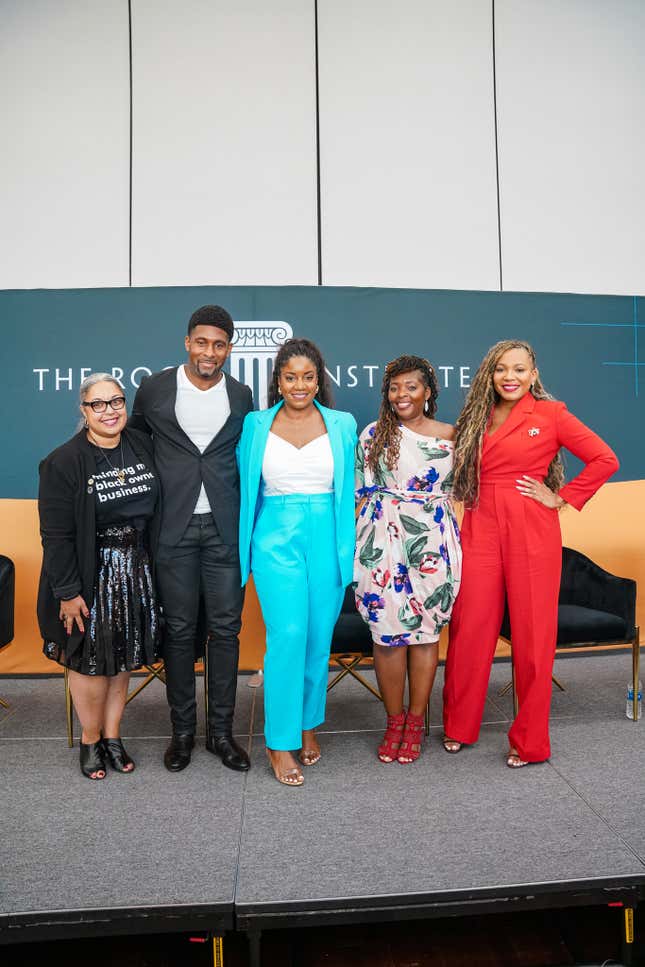
The panel discussed how their businesses have operated after the murder of George Floyd in 2020.
Nneka Kanu, attorney and style influencer called Queen of Sleeves, said: “Many of those brands have not been consistent.” Speaking as an influencer the brands that were once flooding Black influencer’s inboxes after George Floyd are now only coming back around during Black History Month and pay Black influencers less. However, she feels like Amazon has stepped up and stayed true to their efforts to highlight Black businesses.
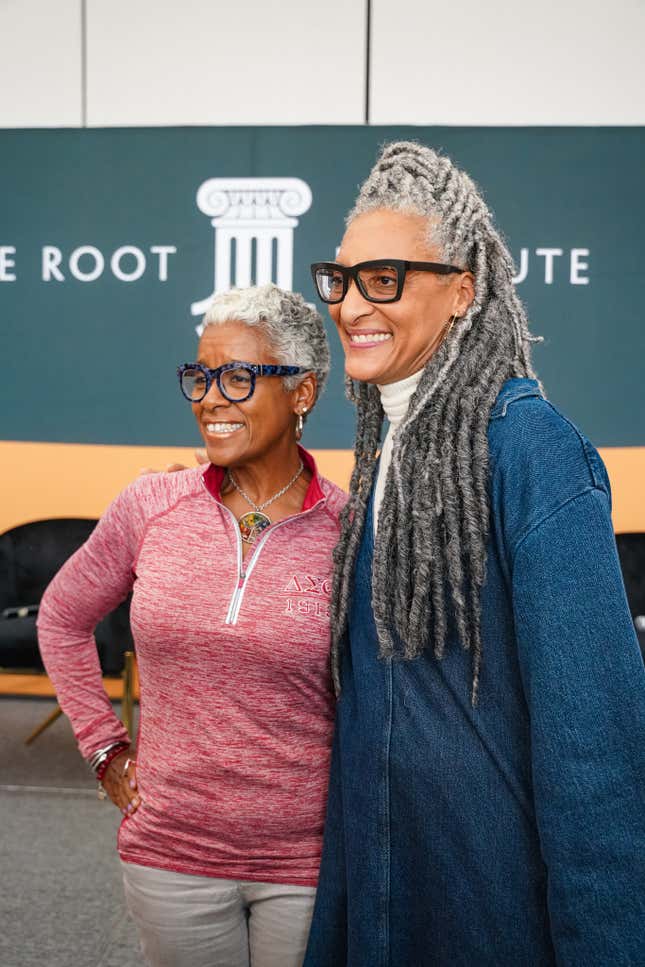
The Root asked Carla Hall, the author and TV chef, how did you know when to take the right risk?
Carla Hall: “Intuitively, I took a risk in doing a restaurant and it took me longer to build that restaurant than it was open. In other people’s eyes, it was a failure. However, what I took away the recipes, the relationships, the experiences from that restaurant, I’m using today.” At the time it stung to not have her restaurant stay open, but what she took away from the experience over time has helped her succeed at other ventures.
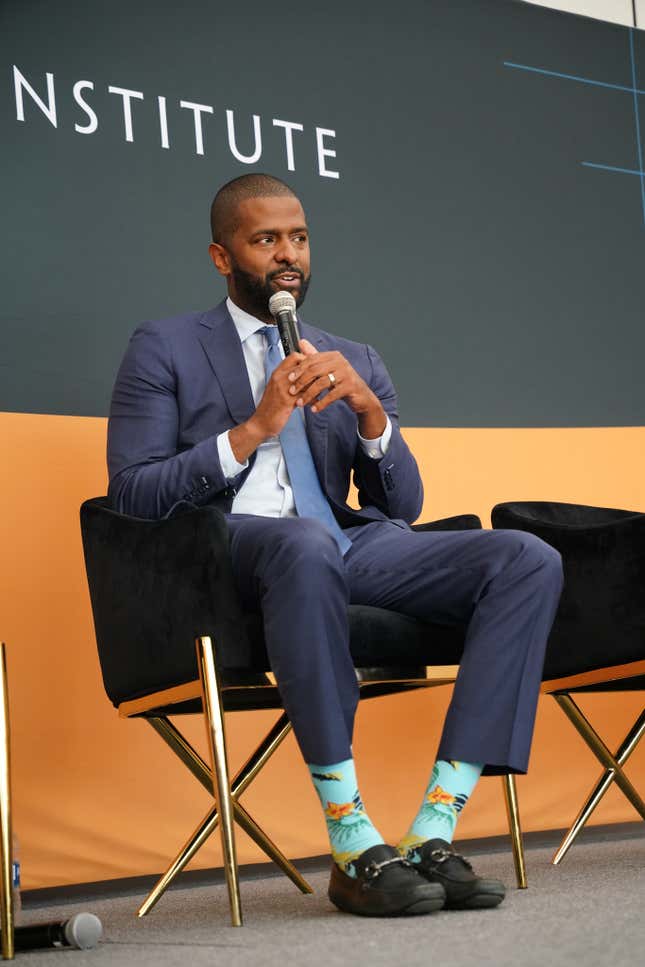
Former South Carolina Rep and CNN political correspondent, Bakari Sellers talked about his feelings towards being called the N-word by trolls. “I don’t care when people call me the N-word at all. It doesn’t bother me. I think we get caught up in the sensationalism of the ignorance that surrounds the conversations that we’re engulfed in. It takes our mind off of any the real issues that we face.” Real issues like the Black maternal health crisis, clean water crisis, over-policing, mass incarceration, etc.”